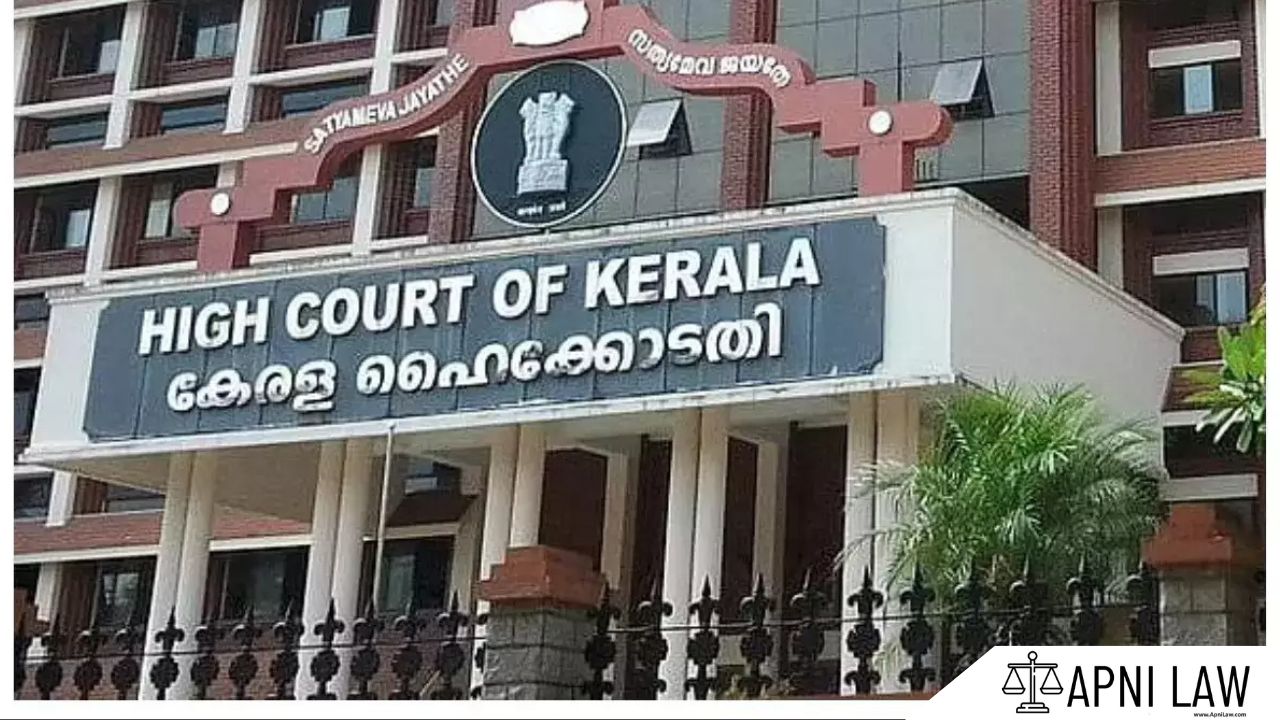Code: Section 439 BNSS
Section 439
On examining any record under section 438 or otherwise, the High Court or the Sessions Judge may direct the Chief Judicial Magistrate by himself or by any of the Magistrates subordinate to him to make, and the Chief Judicial Magistrate may himself make or direct any subordinate Magistrate to make, further inquiry into any complaint which has been dismissed under section 226 or sub-section (4) of section 227, or into the case of any person accused of an offence who has been discharged
Provided that no court shall make any direction under this section for an inquiry into the case of any person who has been discharged unless such person has had an opportunity of showing cause why such direction should not be made.
Explanation
Section 439 grants the High Court or Sessions Judge the authority to order further inquiry into specific cases based on records they examine under Section 438 or other circumstances. This inquiry can be conducted by the Chief Judicial Magistrate or any subordinate Magistrate.
Key Provisions:
- Power to Direct Inquiry:
- After reviewing records (either under Section 438 or otherwise), the High Court or Sessions Judge can direct the Chief Judicial Magistrate to carry out or delegate a further inquiry into a case.
- Scope of Inquiry:
- The inquiry may be directed in cases where:
- Complaints have been dismissed under Section 226.
- A discharge order has been passed in a case under Section 227(4).
- A person who was accused of an offence has been discharged, and the High Court or Sessions Judge believes that further inquiry is necessary.
- The inquiry may be directed in cases where:
- Opportunity to Show Cause:
- If the inquiry concerns someone who has already been discharged from the case, the person must be given an opportunity to explain why such an inquiry should not be ordered. The court cannot order an inquiry in such a case without first giving the discharged individual a chance to object.
Illustration
Example 1: High Court Directs Inquiry
After reviewing the records of a case, the High Court may direct the Chief Judicial Magistrate to conduct further inquiry into a complaint that was dismissed under Section 226. This could occur if the High Court feels that a more thorough investigation is necessary to ensure justice.
Example 2: Discharge and Inquiry
If an accused person has been discharged by a Magistrate (as per Section 227(4)), but the Sessions Judge believes that there is a need for further inquiry, the Judge can direct the Chief Judicial Magistrate to look deeper into the matter. However, the discharged individual must be given the opportunity to argue why this additional inquiry should not take place.
Common Questions and Answers on Section 439 BNSS
1. What is the main purpose of Section 439?
- Answer: The purpose of Section 439 is to allow the High Court or Sessions Judge to direct further inquiry into cases where complaints have been dismissed or accused individuals have been discharged, in order to ensure that no injustice is done.
2. Can the High Court or Sessions Judge directly conduct an inquiry?
- Answer: No, the High Court or Sessions Judge cannot directly conduct the inquiry. They have the power to direct the Chief Judicial Magistrate or a subordinate Magistrate to conduct the inquiry.
3. Is it possible for an inquiry to be ordered after a person has been discharged from the case?
- Answer: Yes, an inquiry can be ordered even after a person has been discharged, but the person must first be given an opportunity to show why the inquiry should not be ordered.
4. What happens if the accused does not want an inquiry after being discharged?
- Answer: The discharged individual has the right to show cause why an inquiry should not be conducted. If the court finds the reasons satisfactory, the inquiry may be stopped.
Conclusion
Section 439 provides a mechanism for the High Court or Sessions Judge to ensure that justice is fully served by ordering a further inquiry when a complaint has been dismissed or when an accused person has been discharged. It ensures that such decisions are revisited if necessary, particularly when new information or circumstances arise that might warrant further investigation.








